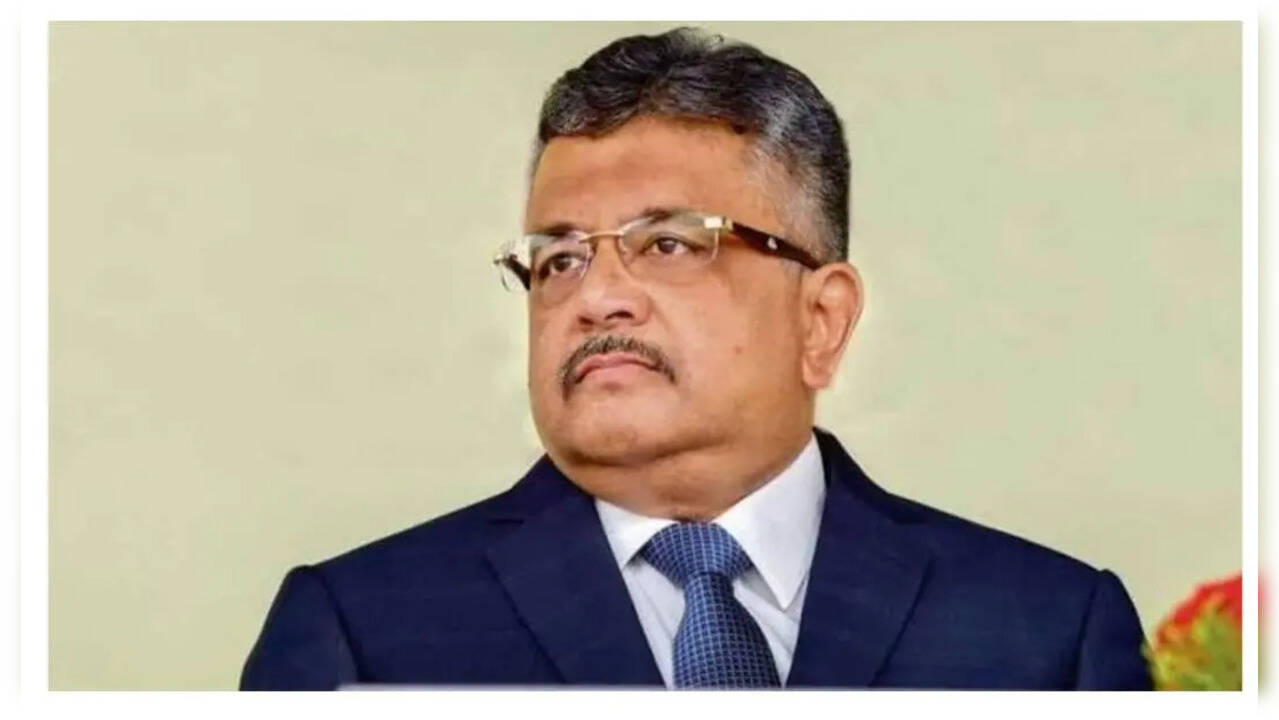Politics
Supreme Court Upholds Key Provisions of Waqf Act, Central Government Gains Ground

The Supreme Court of India delivered a significant interim verdict on April 28, 2025, concerning the Waqf Amendment Act, 2025. This ruling, which came after the court reviewed approximately 100 petitions challenging the Act’s constitutional validity, appears to favor the Central government. The two-judge bench, led by Chief Justice B R Gavai, articulated several reasons for its decision, allowing the government to maintain key provisions of the legislation.
Upon the release of the full 128-page judgment, it became evident that the Central government, represented by Solicitor General Tushar Mehta, had multiple reasons to be optimistic. The court notably refused to stay several critical elements of the Act, which the petitioners, including opposition parties, Muslim organizations, and NGOs, had contested.
Key Findings of the Supreme Court’s Ruling
The bench dismissed the petitioners’ request to stay the entire Act, stating, “No case is made out to stay the provisions of the entire statute.” Instead, it only issued a stay on a few specific clauses. This decision reflects the court’s acknowledgment that the legislature’s actions in 2025 may have been necessary to address issues of property encroachment linked to the concept of “Waqf by User.”
The Supreme Court remarked that if the deletion of waqf by user is necessary to combat rampant encroachment of government properties, it cannot be deemed arbitrary. The court highlighted a troubling situation where the Andhra Pradesh Waqf Board had designated thousands of acres of government land as waqf property, prompting the state to challenge this in court. Ultimately, the Supreme Court ruled in favor of the state, stating that these lands are vested with the state or corporation.
In its affidavit, the Central government presented compelling statistics, noting a 116% rise in waqf properties since 2013. It emphasized that prior to any amendments, a total of 18,29,163.896 acres of waqf land had been recorded in India. Alarmingly, following the 2013 amendment, an additional 20,92,072.536 acres were added over just 12 years, raising concerns about the management and registration of such properties.
The court did not issue a stay on the provision that non-registered waqfs will not be recognized, thereby reinforcing the requirement for proper registration. Additionally, the ruling confirmed that non-Muslims can now participate in Waqf Boards, with a specific structure allowing for four non-Muslim representatives in the Central Waqf Council.
Implications of the Decision
The Supreme Court’s observations included the assertion that government property should not be considered public property if wrongfully possessed. This stance underlines the court’s commitment to safeguarding state-owned assets. The ruling also upheld the removal of waqf status from monuments protected by the Archaeological Survey of India and prohibited the designation of tribal lands as waqfs.
The court reiterated the importance of maintaining a requirement for registration, a standard present in legislation since 1923. Furthermore, the bench indicated that while efforts should be made to appoint members from the Muslim community, it did not impose a stay on the requirement for ex-officio members to be non-Muslim.
Overall, this ruling by the Supreme Court not only vindicates the Central government’s stance on the Waqf Amendment Act but also sets a precedent for how waqf properties are managed and recognized in India. The implications of this decision are likely to resonate across various sectors, influencing both legal interpretations and community relations in the context of property rights and religious endowments.
-

 World5 months ago
World5 months agoSBI Announces QIP Floor Price at ₹811.05 Per Share
-

 Lifestyle5 months ago
Lifestyle5 months agoCept Unveils ₹3.1 Crore Urban Mobility Plan for Sustainable Growth
-

 Science4 months ago
Science4 months agoNew Blood Group Discovered in South Indian Woman at Rotary Centre
-

 World5 months ago
World5 months agoTorrential Rains Cause Flash Flooding in New York and New Jersey
-

 Top Stories5 months ago
Top Stories5 months agoKonkani Cultural Organisation to Host Pearl Jubilee in Abu Dhabi
-

 Sports4 months ago
Sports4 months agoBroad Advocates for Bowling Change Ahead of Final Test Against India
-

 Science5 months ago
Science5 months agoNothing Headphone 1 Review: A Bold Contender in Audio Design
-

 Top Stories5 months ago
Top Stories5 months agoAir India Crash Investigation Highlights Boeing Fuel Switch Concerns
-

 Business5 months ago
Business5 months agoIndian Stock Market Rebounds: Sensex and Nifty Rise After Four-Day Decline
-

 Sports4 months ago
Sports4 months agoCristian Totti Retires at 19: Pressure of Fame Takes Toll
-

 Politics5 months ago
Politics5 months agoAbandoned Doberman Finds New Home After Journey to Prague
-

 Top Stories5 months ago
Top Stories5 months agoPatna Bank Manager Abhishek Varun Found Dead in Well









